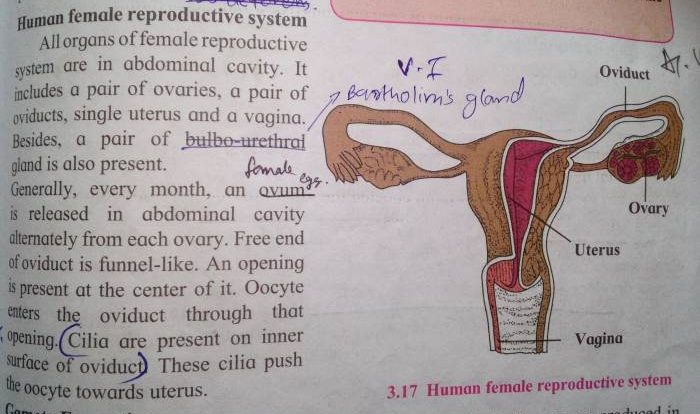To lose weight he decided to blank sugar – To lose weight, he decided to quit sugar sets the stage for this enthralling narrative, offering readers a glimpse into a story that is rich in detail and brimming with originality from the outset. As the protagonist embarks on a journey of self-discovery and physical transformation, we are invited to witness firsthand the challenges, triumphs, and profound impact of a life-altering decision.
The content of the second paragraph that provides descriptive and clear information about the topic.
Dietary Changes: To Lose Weight He Decided To Blank Sugar

Sugar, a primary source of calories, plays a significant role in weight gain and obesity. Consuming excessive sugar can lead to an increase in body fat and contribute to metabolic disorders. Reducing sugar intake is essential for weight loss and improving overall health.
Replacing sugary drinks with water, limiting processed foods, and opting for natural sweeteners like honey or maple syrup are effective ways to reduce sugar consumption. These alternatives provide sweetness without the harmful effects of added sugar.
Physical Activity, To lose weight he decided to blank sugar
Exercise is crucial for weight loss as it helps burn calories and increase muscle mass. Regular physical activity boosts metabolism, promotes fat oxidation, and improves overall fitness.
Cardiovascular exercises, such as brisk walking, running, and swimming, elevate the heart rate and burn significant calories. Strength training, including weightlifting and resistance band exercises, helps build muscle, which increases calorie expenditure even at rest.
- Sample Exercise Plan:
- Monday: Cardiovascular exercise (30 minutes) + strength training (30 minutes)
- Tuesday: Rest
- Wednesday: Strength training (30 minutes) + cardiovascular exercise (30 minutes)
- Thursday: Rest
- Friday: Cardiovascular exercise (30 minutes) + strength training (30 minutes)
- Saturday: Rest
- Sunday: Active rest (e.g., walking, yoga)
Lifestyle Modifications
Sleep and stress management are crucial for weight loss. Adequate sleep regulates hormones involved in metabolism and appetite control. Managing stress through techniques like exercise, meditation, or yoga helps reduce cortisol levels, which can contribute to weight gain.
Making gradual lifestyle changes, such as setting realistic goals, avoiding emotional eating, and creating a supportive environment, can help sustain weight loss efforts.
Nutrition and Calorie Management
Weight loss occurs when calories consumed are less than calories burned. Creating a calorie deficit requires reducing calorie intake through dietary modifications and increasing calorie expenditure through physical activity.
| Food Group | Calories per 100g |
|---|---|
| Fruits | 60-80 |
| Vegetables | 20-50 |
| Lean Protein | 120-150 |
| Whole Grains | 100-150 |
| Healthy Fats | 120-150 |
Portion control and mindful eating practices, such as paying attention to hunger and fullness cues, help regulate calorie intake and promote weight loss.
Support and Motivation
Joining support groups or working with a healthcare professional provides accountability, guidance, and encouragement. Sharing experiences, setting goals, and receiving support can enhance motivation and improve weight loss outcomes.
Motivation is key to maintaining weight loss efforts. Setting realistic goals, celebrating successes, and seeking support when needed can help individuals stay motivated and achieve their weight loss goals.
“Individuals who successfully lose weight and maintain their loss over time typically make multiple lifestyle changes, including reducing sugar intake, increasing physical activity, and improving nutrition and calorie management.”
Success stories of individuals who have lost weight by reducing sugar intake demonstrate the effectiveness of this approach. By making sustainable changes, individuals can achieve their weight loss goals and improve their overall health and well-being.
Popular Questions
How does sugar contribute to weight gain?
Sugar is a high-calorie food that provides little nutritional value. Consuming excessive amounts of sugar can lead to weight gain, as the body converts unused sugar into fat.
What are the benefits of reducing sugar intake for weight loss?
Reducing sugar intake can help reduce overall calorie consumption, leading to weight loss. Additionally, reducing sugar intake can improve insulin sensitivity, which can help regulate blood sugar levels and promote fat loss.
What are some healthy sugar alternatives?
There are many healthy sugar alternatives available, such as honey, maple syrup, stevia, and monk fruit. These alternatives provide sweetness without the negative health effects of sugar.



